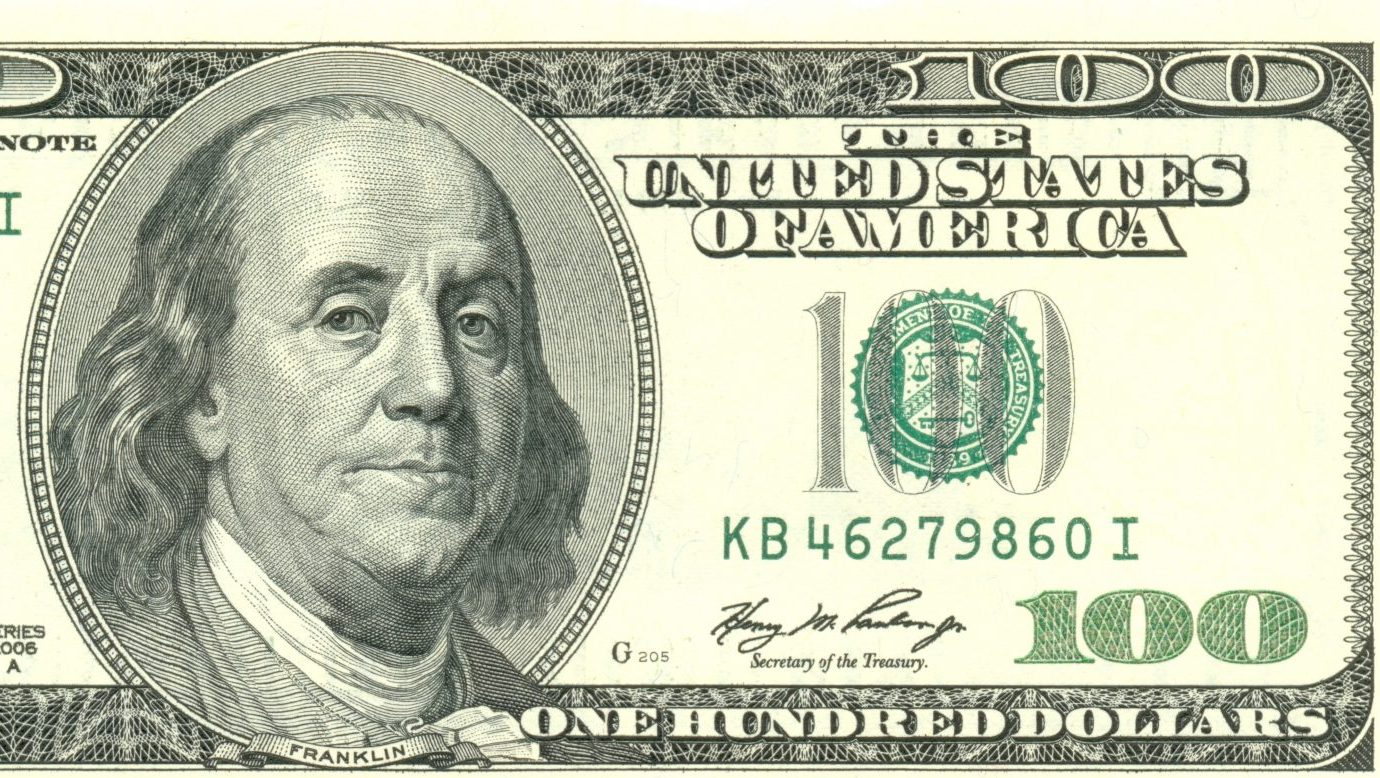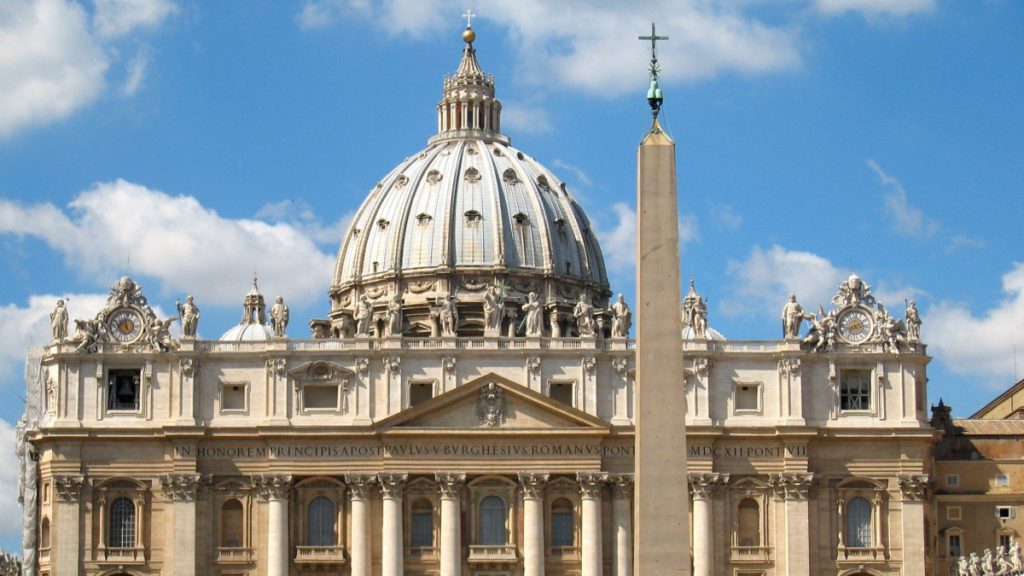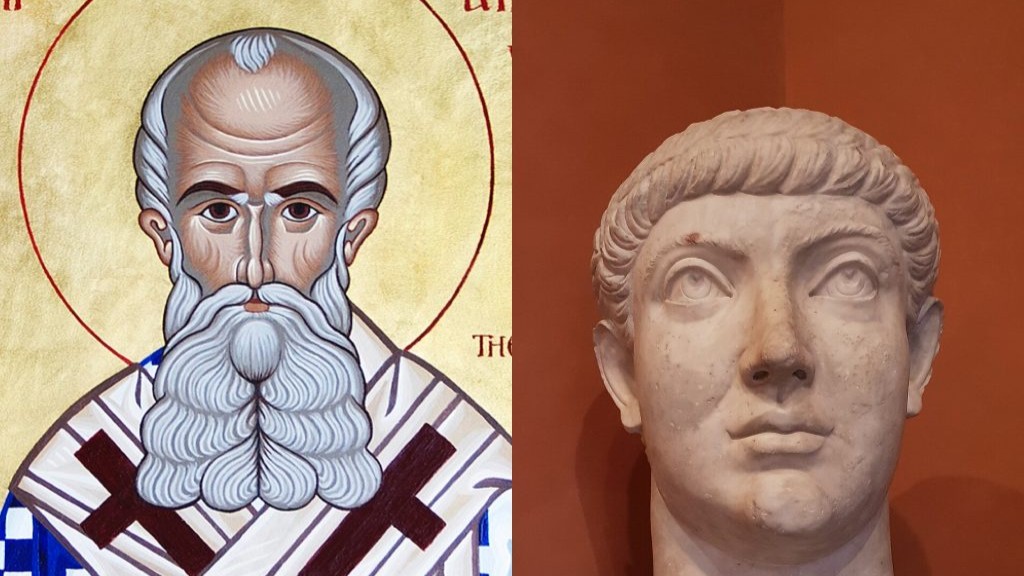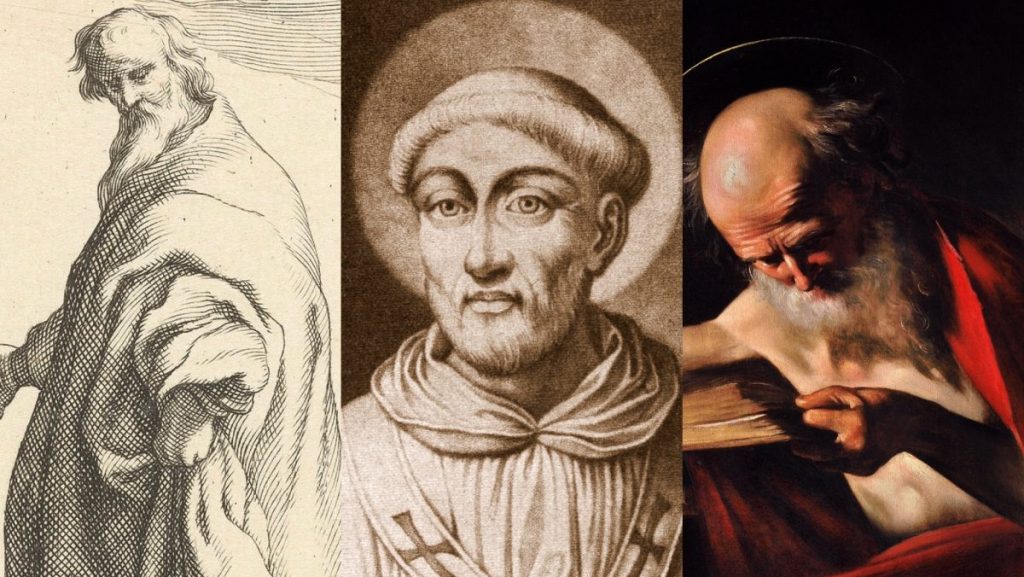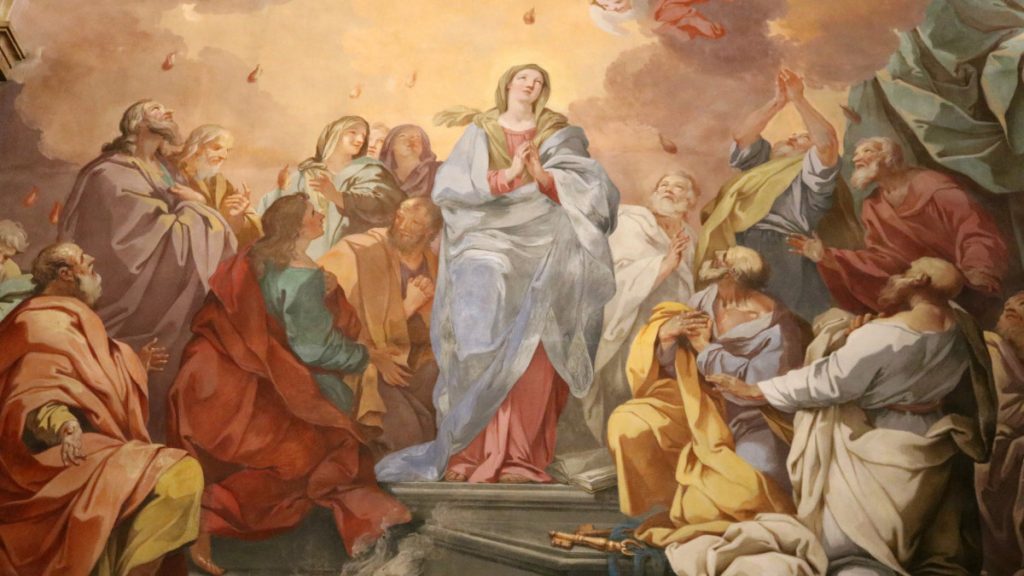(Updated June 30, 2025)
John Adams (1735-1826)
John Adams, To James Warren (February 12, 1777)
A depreciating [decreasing in value] Currency, we must not have. It will ruin Us. The Medium of Trade ought to be as unchangeable as Truth; as immutable as Morality. The least Variation in its Value does Injustice to Multitudes, and in Proportion it injures the Morals of the People, a Point of the last Importance in a Republican Government.
John Adams, To Thomas Jefferson (August 25, 1787)
All the perplexities, confusions, and distresses in America arise, not from defects in their constitution or confederation, not from a want of honor or virtue, so much as from downright ignorance of the nature of coin, credit, and circulation.
John Adams, To Benjamin Rush (September 19, 1806)
But oh my Country, how I mourn over thy follies and Vices, thine ignorance and imbecility, Thy contempt of Wisdom and Virtue and overweening Admiration of fools and Knaves! the never failing effects of democracy. I once thought our Constitution was quasi a mixed Government, but they have now made it, to all intents and purposes, in Virtue, Spirit and effect a democracy. We are left without resources but in our prayers and tears, and have nothing that We can do or Say but the Lord have mercy upon us.
John Adams, To F.A. Van der Kemp (February 16, 1809)
Our Medium is depreciated by the Multitude of Swindling Banks which have emitted bank Bills to an immense amount beyond the Deposits of Gold and Silver in their Vaults, by which means the Price of Labor and Land and Merchandise and Produce is doubled, trebled and quadrupled in many Instances. Every dollar of a bank Bill that is issued beyond the quantity of Gold and Silver in the Vaults represents nothing and is therefore a cheat upon Somebody.
John Adams, To Benjamin Rush (October 13, 1810)
Our Financial System and our Banks are a Species of fraudulent oppression upon the Community: But you would think me mad enough for your Tranquillizing Chair if I Should Say There is no Remedy but to return to a circulating Medium of Gold and Silver only.
Commerce has in all times made wild work with elections, but it never invented so artful a scheme of corruption for that purpose as our American banks.
John Adams, To Benjamin Rush (December 27, 1810)
The Banking Infatuation pervades all America. Our whole System of Banks is a violation of every honest Principle of Banks. There is no honest Bank but a Bank of Deposit. A Bank that issues Paper at Interest is a Pickpocket or a Robber. But the Delusion will have its Course. You may as well Reason with a Hurricane. An Aristocracy is growing out of them, that will be as fatal as The Feudal Barons, if unchecked in Time…
Paper Money was better than this Bank Money, because the Public reaped the Benefit of the Depreciation: but the Depreciation of Bank Money accrues wholly to the Profit of Individuals. There is no honest Money but Silver and Gold.
Think of the Number, the Offices, Stations, Wealth, Piety and Reputations of the Persons in all the States, who have made Fortunes by these Banks, and then you will See, how deeply rooted the Evil is. The Number of Debtors who hope to pay their debts by this Paper united with the Creditors who build Palaces in our Cities and Castles for Country Seats, by issuing this Paper form too impregnable a Phalanx to be attacked by anything less disciplined than Roman Legions.
John Adams, To John Adams II (February 2, 1812)
Have you considered the Meaning of that Word “worthy”? Weigh it well. I had rather you Should be worthy Sergeants, than Unworthy, though conquering Generals, Worthy Midshipmen than unworthy though conquering Admirals, Worthy Attorneys or Solicitors than Unworthy Serjeants or Judges or Lords Chief Justices, Worthy Ministers of a petty Parish, than Unworthy Popes Cardinals Archbishops or Bishops, Worthy Country Shopkeepers in America than unworthy Medici, Hopes, or Wheelwrights. I had rather you should be the worthy Possessors of one Thousand Pounds, honestly acquired by your own Labor and Industry, than of Ten Millions by Banks and Funding Tricks. I had rather you Should be worthy shoemakers than Secretaries of State or Treasury acquired by Libels in Newspapers. I had rather you Should be worthy Makers of Brooms and Baskets than unworthy Presidents of the United States procured by Intrigue Faction Slander and Corruption.
John Adams, To John Taylor (March 12, 1819)
I have never had but one opinion concerning banking from the institution of the first in Philadelphia by Mr. Robert Morris and Mr. Governeur Morris—and that opinion has uniformly been that the banks have done more injury to the religion, morality, tranquility, prosperity, and even wealth of the nation, than they ever have done or ever will do good; they are like party spirit the delusion of the many for the interest of a few.
Silver and gold are but the commodities as much as wheat and lumber—the merchants who study the necessity and feel out the wants of the community can always import enough to supply the necessary circulating currency as they can broadcloths or sugar—the trinkets of Birmingham and Manchester—or the hemp of Liberia. I am old enough to have seen a paper currency annihilated at a blow in Massachusetts in 1750, and a silver currency taking its place immediately and supplying every necessity and every convenience…
It has always been incomprehensible to me that a people so jealous of their liberty and property as the Americans should so long have borne impositions with patience and submission which would have been trampled underfoot in the meanest village in Holland or undergone the fate of Woods half pence in Ireland.
I beg leave to refer you to a work which Mr. Jefferson has sent me translated by himself from a French Manuscript of the Count Destutt Tracy. His Chapter “Of Money” contains the sentiments that I have entertained all my life time. I will quote only a few lines from the analytical table page 21—“It is to be desired that coins had never borne other names than those of their weights and that the arbitrary denominations are called monies of account as £—S—d. etc. had never been used but when these denominations are admitted and employed in transactions to diminish the quantity of metal to which they answer by an alteration of the real coins is to steal and it is a theft which even injures him who commits it—A theft of a greater magnitude and still more ruinous is the making of paper-money it is greater because in this money there is absolutely no real value it is more ruinous because by its gradual depreciation during all this time of its existence it produces the effect which would be produced by an infinity of successive deteriorations of the coins; all these iniquities are founded on the false idea that money is but a sign.” Permit me to recommend this volume to your attentive perusal.
Thomas Jefferson (1743-1826)
Thomas Jefferson, To Gideon Granger (August 13, 1800)
What an augmentation of the field for [stock] jobbing, speculating, plundering, office-building and office-hunting would be produced by an assumption of all the state powers into the hands of the general government.
Thomas Jefferson, Additional Note for Destutt de Tracy’s Treatise on Political Economy (c. May 18, 1816)
To take from one, because it is thought that his own industry and that of his father[s?] has acquired too much, in order to spare to others, who, or whose fathers have not exercised equal industry and skill, is to violate arbitrarily the first principle of association, “the guarantee to every one of a free exercise of his industry, and the fruits acquired by it.” If the overgrown wealth of an individual be deemed dangerous to the state, the best corrective is the law of equal inheritance to all in equal degree: and the better as this enforces a law of nature, while extra-taxation violates one.
Thomas Jefferson, To John Taylor (May 28, 1816)
And I sincerely believe with you, that banking establishments are more dangerous than standing armies; and that the principle of spending money to be paid by posterity, under the name of funding, is but swindling futurity on a large scale.
Thomas Jefferson, To George Logan (November 12, 1816)
England exhibits the most remarkable phenomenon in the universe in the contrast between the profligacy of its government and the probity of its citizens. And accordingly it is now exhibiting an example of the truth of the maxim that virtue and interest are inseparable. It ends, as might have been expected, in the ruin of its people. But this ruin will fall heaviest, as it ought to fall, on that hereditary aristocracy which has for generations been preparing the catastrophe. I hope we shall take warning from the example and crush in its birth the aristocracy of our monied corporations which dare already to challenge our government to a trial of strength, and to bid defiance to the laws of their country.
Thomas Jefferson, To Albert Gallatin (December 26, 1820)
I hope a tax will be preferred [to printing money] because it will awaken the attention of the people, and make reformation and economy the principles of the next election. The frequent recurrence of this chastening operation can alone restrain the propensity of governments to enlarge expense beyond income.
Thomas Jefferson, To William Branch Giles (December 26, 1825)
[T]his opens with a vast accession of strength from their younger recruits, who having nothing in them of the feelings or principles of ’76 now look to a single and splendid government of an Aristocracy, founded on banking institutions and monied in corporations under the guise and cloak of their favored branches of manufactures commerce and navigation, riding and ruling over the plundered ploughman and beggared yeomanry. This will be to them a next best blessing to the Monarchy of their first aim, and perhaps the surest stepping stone to it.
